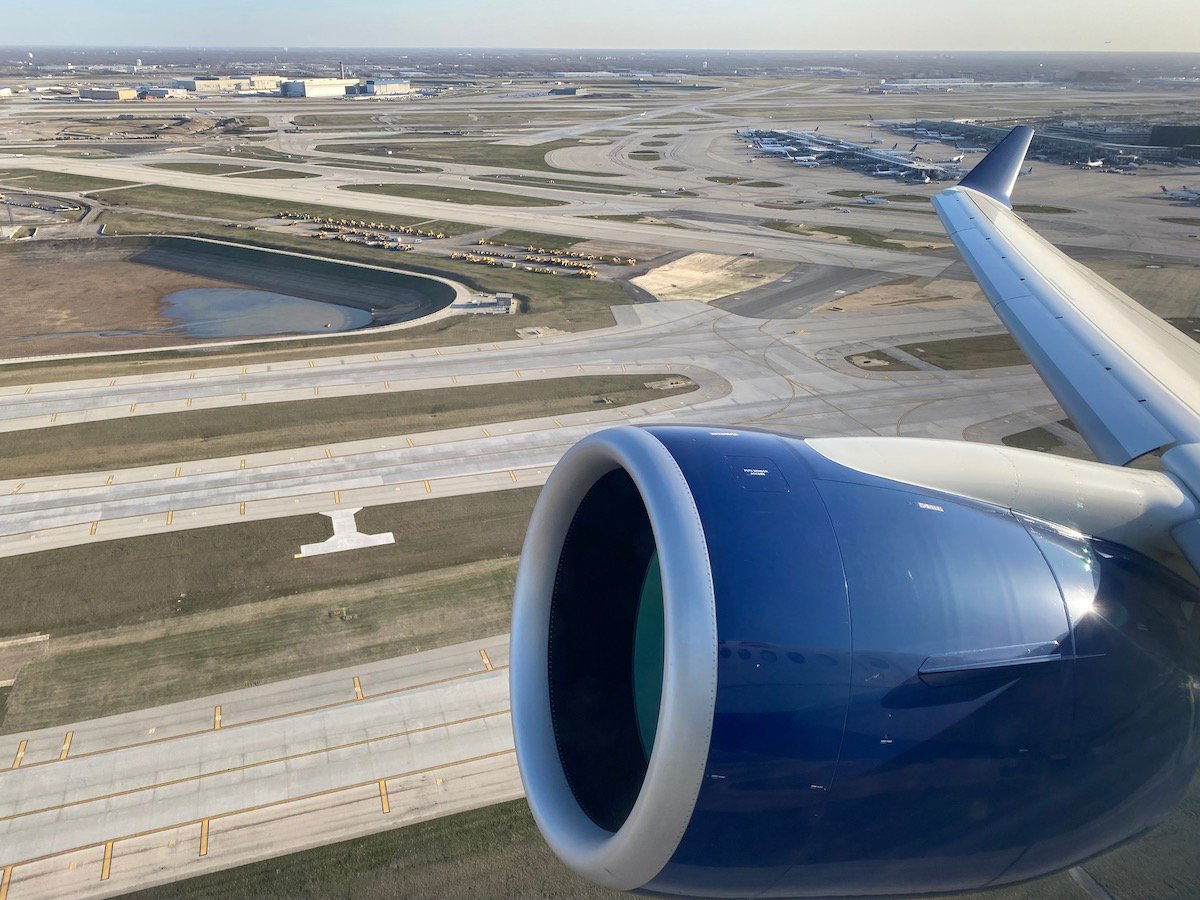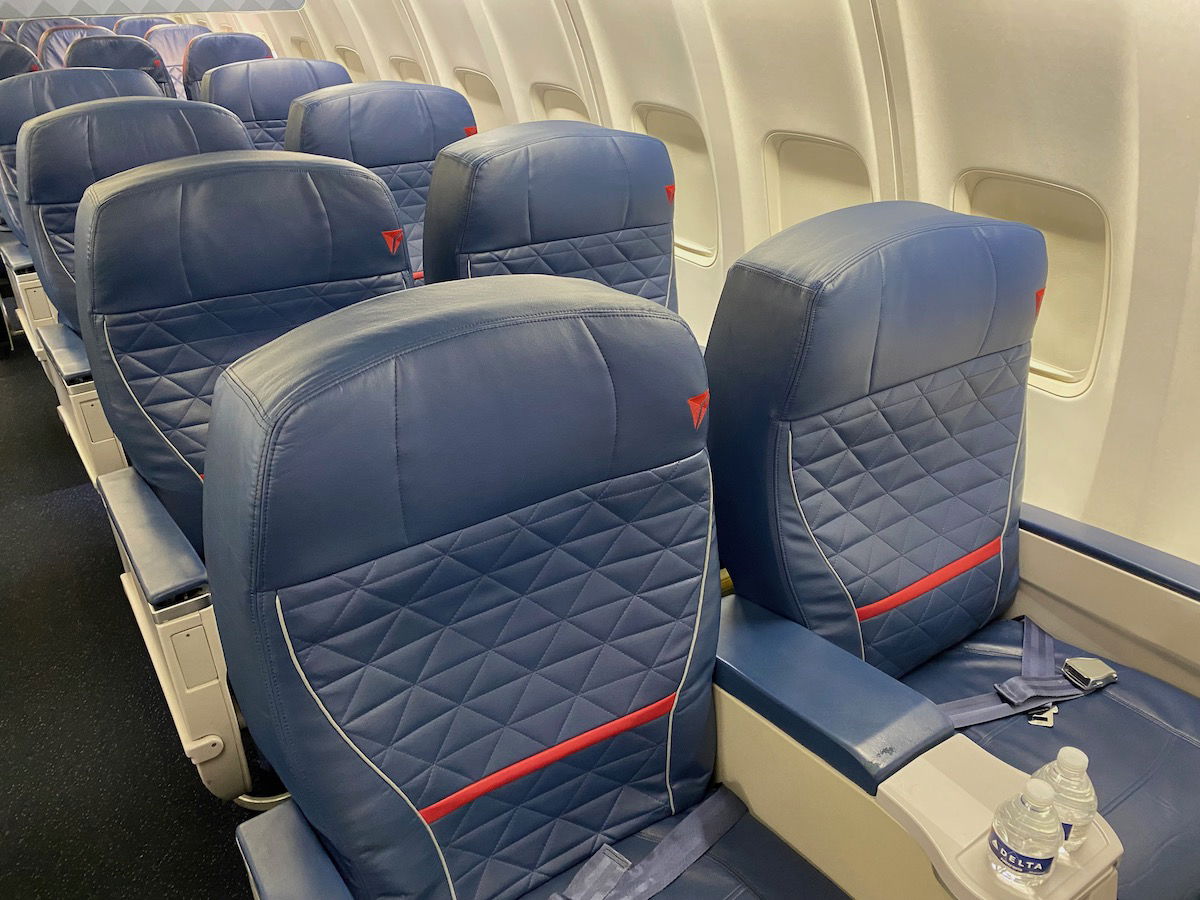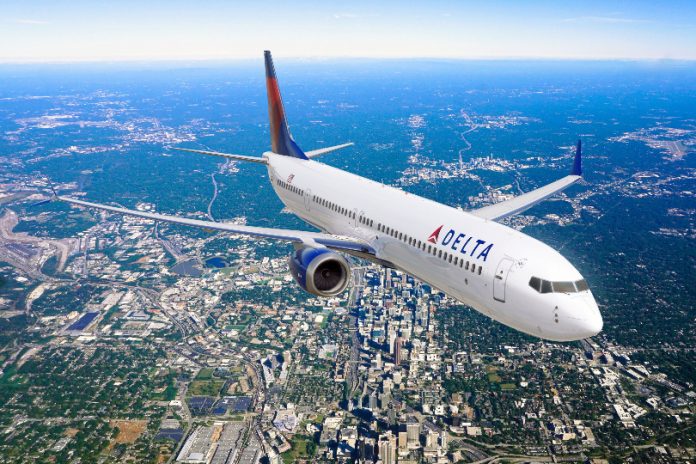During yesterday’s earnings call, Delta President Glen Hauenstein had some interesting comments about how the airline is adjusting its overbooking model, as noted by View from the Wing. This could have some (mostly good) implications for passengers.
Why Delta is increasing flight overbooking
Overbooking flights has been a common practice in the airline industry for a long time. The logic is that not all passengers will show up for a particular flight, as some passengers might cancel last minute, while others might make it to the airport too late, while others might misconnect.
You’re missing out on revenue if you let seats go out empty, so the idea is that airlines use historical models to predict the average no show rates for flights. Most of the time airlines get that right, but other times they don’t.
But since the start of the pandemic, something major has changed about predicting no shows. Major US airlines have eliminated change fees on a vast majority of fares, and that increases the odds of people booking flights that they might not actually end up taking. Many people might speculatively book a ticket, and then only end up canceling it day of.
Delta plans to adjust its overbooking model going forward to reflect this. As Hauenstein describes it:
- If the airline previously sold flights to 103% of capacity on average, the airline is now working toward selling flights to closer to 105% of capacity, to reflect an increase in cancelations
- “There’s a little bit of risk in that,” so the airline won’t go to 105% right away, but rather might go to 104%, see how it goes, and then work up to 104.5%, etc.
To be clear, Delta’s goal isn’t to consistently bump more people from flights, but rather the goal is to maximize revenue and have as few seats as possible go out empty.

Why Delta’s overbooking changes may be good news
On the surface, Delta increasing by how much it overbooks flights might seem like bad news, as it means that more people will be bumped from flights. While that’s true, this could actually be a positive:
- When a flight is overbooked, airlines first have to solicit volunteers to take another flight, in exchange for compensation
- Only if the airline can’t get enough volunteers can it involuntarily deny boarding to passengers; airlines have a strong incentive to avoid involuntarily denying boarding to passengers, as this data is tracked by the Department of Transportation
The reality is that Delta is really good about soliciting volunteers, rather than involuntarily denying boarding to passengers. The airline has among the lowest involuntary denied boarding rates in the industry.
Keep in mind that voluntary denied boarding is a negotiation process, and typically Delta will increase compensation until it has enough takers. We’ve even seen stories of the airline offering $10,000 in vouchers for someone to take a different flight, when there weren’t otherwise takers.
The way I view, the more voluntary denied boardings an airline has, the better. It’s only involuntary denied boardings that we should be concerned about, and I doubt we’ll see those increase materially.

Delta plans to increase by how much it overbooks flights, reflecting that more people are changing flights last minute due to flexible booking policies. This would happen when airlines eliminated change fees on most fares, since booking a flight isn’t as much of a commitment as it was in the past.
Ultimately the goal is to get the forecasting right, though there’s always some variability, and at least in the short term this could increase how many passengers Delta has to bump from flights. That doesn’t have to be a bad thing, though, as a vast majority of passengers bumped from Delta flights do so voluntarily.
























